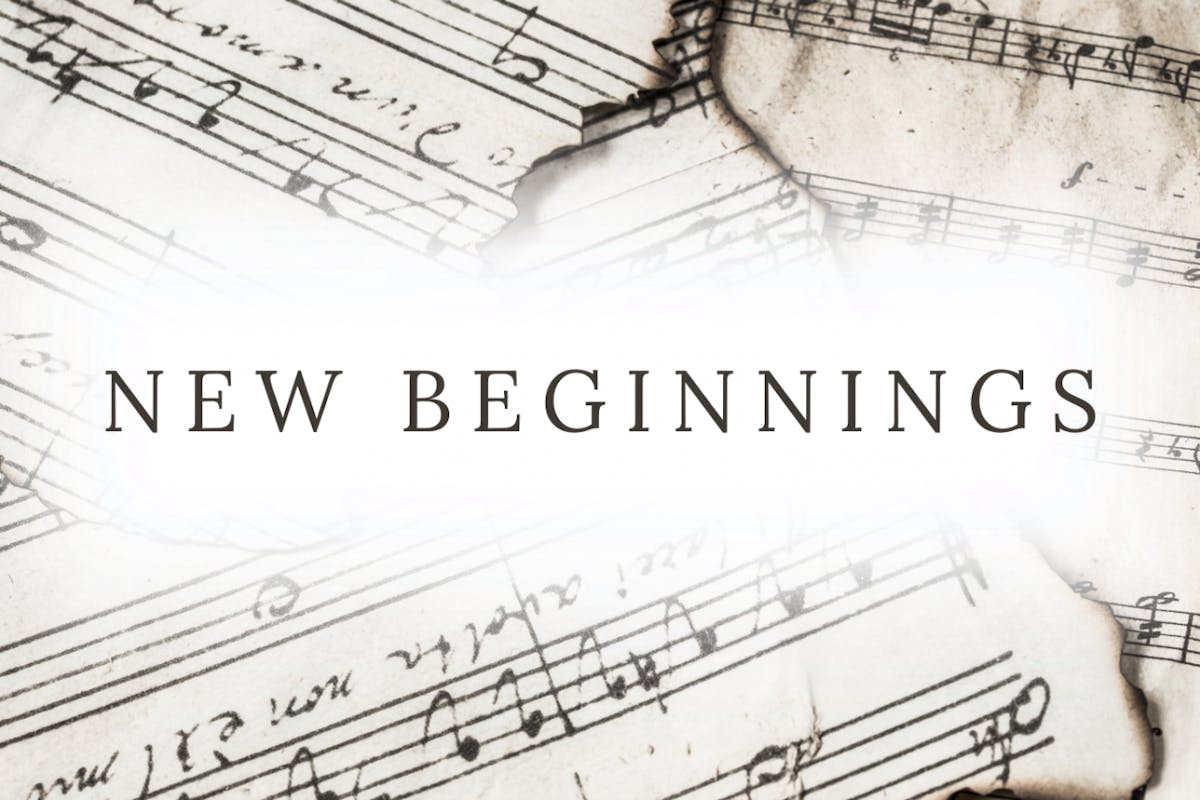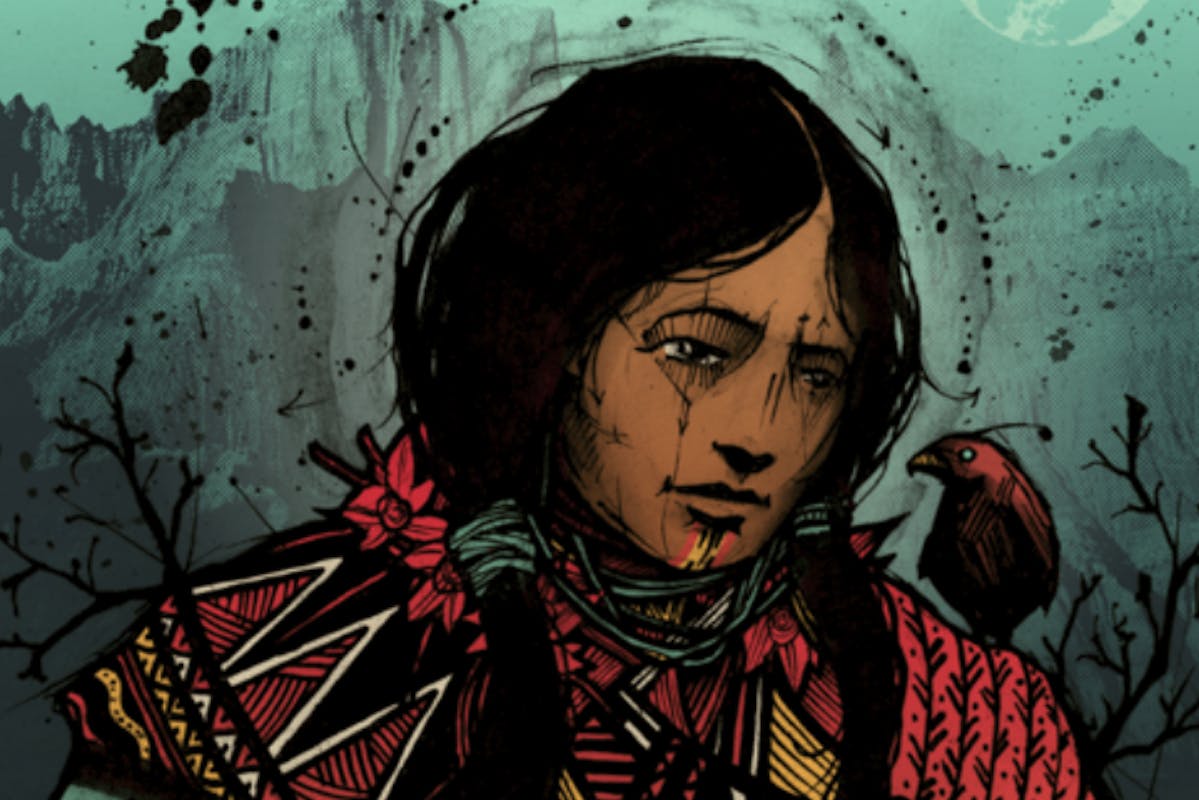Italian Opera for the Yiddish-Speaking Masses in Early 20th-Century America – Pt. 4
As this 5-part lecture series reveals, popular price opera in Italian aimed at not only Italian immigrants and native-born Americans but also the Yiddish-speaking public emerged as an integral part of the American cultural scene.
Tuesday, Apr. 12, 5 p.m.
Free

Part 4:
Bringing Everyone Together: The Zuro Opera Company
By the time Josiah Zuro emerges on the New York opera scene in 1911, popular price Italian opera companies have a reputation in the entertainment world as risky and short-lived endeavors. Examining the trajectory of Zuro’s career, this lecture reveals how the impresario and educator finds innovative ways of attracting Italians, Jews, and Americans to attend opera performances, uniting these groups through a common love of the genre.
Series Description:
Although the names of Ivan Abramson and Josiah Zuro are hardly known today, these impresarios were among many zealous opera democratizers in early twentieth-century America. By this point, foreign-language opera had become firmly established as the domain of elites. Yet, as this 5-part lecture series reveals, popular price opera in Italian aimed at not only Italian immigrants and native-born Americans but also the Yiddish-speaking public emerged as an integral part of the American cultural scene.
Each presentation in this series focuses on a key figure within the sphere of opera aimed at Yiddish speakers, as well as a concluding lecture that explores the broader social and cultural forces animating this operatic activity. This as yet untold story of Yiddish speakers’ involvement with Italian opera in America sheds light on the connection between high and popular culture of the period, as well as on the relationship between immigrant culture and the mainstream American opera world.

